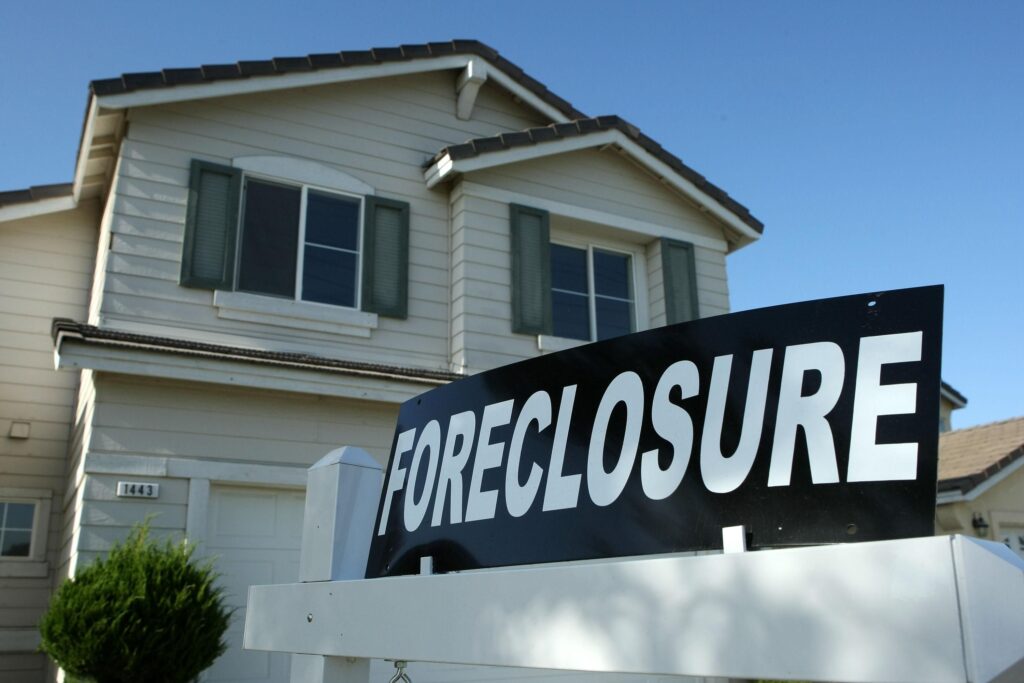Foreclosure is a distressing situation for any homeowner. It represents the legal means through which a lender attempts to recover the amount owed on a defaulted loan by taking ownership of and selling the mortgaged property. However, the process is not instantaneous, and there are several strategies that homeowners can employ to halt or delay foreclosure. This article explores viable options for those facing the prospect of losing their home.
Communication with Your Lender
The first and perhaps most crucial step is to communicate with your lender as soon as you realize you might miss a mortgage payment. Many lenders prefer to avoid foreclosures due to the high cost and lengthy process involved. Here are a few options your lender might offer:
Forbearance: This is a temporary postponement of mortgage payments, allowing homeowners to deal with their immediate financial crisis.
Loan Modification: Altering the terms of your loan to make the payments more manageable. This can include extending the term of your loan, reducing the interest rate, or even forgiving a portion of the loan.
Repayment Plan: If you’ve missed a few payments, this plan allows you to catch up by adding a portion of the overdue amount to your regular monthly payment.
Refinancing Your Mortgage
If you have enough equity in your home and your credit is still in good standing, refinancing can be a sensible approach. This involves taking out a new mortgage with new terms that ideally are more favorable than your current agreement. It can result in lower payments, reduced interest rates, or a longer loan term.
Selling Your Home
Selling your home is another option to avoid foreclosure. If you have equity in your home, selling it could allow you to pay off your mortgage in full. In situations where the market is sluggish or time is pressing, a short sale — where the home is sold for less than the balance of the mortgage — can be negotiated with your lender’s approval.
Bankruptcy
Filing for bankruptcy can temporarily stop foreclosure. This is due to the “automatic stay,” which forbids all creditors from collecting their debts for a period. This can give you time to reorganize your finances, though it has significant long-term effects on your credit history. There are two types of bankruptcy that might help:
Chapter 13: Allows you to keep your property and repay your debts over time.
Chapter 7: Can provide relief from unsecured debts, potentially freeing up funds to continue paying the mortgage.
Government Assistance Programs
There are several government programs designed to help struggling homeowners. For example, the Home Affordable Modification Program (HAMP) helps homeowners who are facing foreclosure reduce their monthly mortgage payments to more manageable levels. The availability and terms of these programs can vary based on legislation and economic conditions.
Legal Assistance
Consulting with a legal professional who specializes in real estate or bankruptcy law can provide invaluable help. Lawyers can offer guidance specific to your situation, help you navigate the complexity of foreclosure laws, and represent you in court if necessary.
Facing foreclosure is not necessarily the end of the road for homeowners. There are multiple avenues that one might pursue to stop or delay the foreclosure process. Each situation is unique, and the best course of action depends on several factors, including the homeowner’s financial situation and the lender’s policies. Seeking advice from financial and legal professionals can help determine the most appropriate strategy. Remember, the sooner you address the issue, the more options you will likely have.
Navigating the Emotional and Practical Aspects of Foreclosure
In addition to understanding the technical ways to prevent or delay foreclosure, it’s also essential to address the emotional and practical aspects that come with this challenging situation.
Emotional Considerations
The threat of losing one’s home can lead to significant emotional stress and anxiety. It’s vital to acknowledge these feelings and seek support through family, friends, or professional counseling. Managing stress effectively can provide you with a clearer mindset to tackle the practical steps needed to navigate foreclosure.
Staying Organized and Proactive
Being organized is critical when dealing with foreclosure:
Keep Detailed Records: Maintain all correspondence with your lender, legal documents, and financial statements. This information will be crucial in negotiations and may be needed in court.
Understand Your Mortgage Rights: Familiarize yourself with your loan agreement and local foreclosure laws.
Knowing your rights can protect you from predatory practices and ensure you understand the timeline and legal proceedings involved.
Exploring Alternative Housing Options
As you navigate the process of stopping a foreclosure, it’s prudent to consider your long-term housing needs. This might involve:
Renting: Look into rental options and understand the costs and logistics involved in moving. This prepares you for the possibility of having to leave your home.
Government and Nonprofit Programs: Explore assistance programs that offer housing support for those affected by foreclosure. These programs can sometimes provide temporary housing, help with moving costs, or connect you with low-cost rental options.
Building Financial Resilience
Foreclosure can have a lasting impact on your credit score, making it difficult to obtain loans in the future. It’s important to:
Set a Budget: Create a strict budget to manage your expenses and prioritize saving money.
Credit Counseling: Consider seeking help from a credit counseling service, which can provide strategies to rebuild your credit and manage debt effectively.
Preventing Future Foreclosure
Finally, to prevent future financial distress:
Financial Planning: Engage in thorough financial planning to avoid falling behind on mortgage payments again. This might include setting up an emergency fund, reducing unnecessary expenses, and planning for unexpected financial setbacks.
Educational Workshops: Many community organizations offer workshops on financial literacy, budgeting, and the home-buying process, which can provide valuable knowledge and resources to help you make informed financial decisions.
Stopping a foreclosure involves more than just legal tactics; it requires comprehensive financial planning, emotional resilience, and practical preparations for various outcomes. By understanding both the technical and personal aspects of foreclosure, you can better navigate this challenging process and make informed decisions that pave the way for financial recovery and stability.






